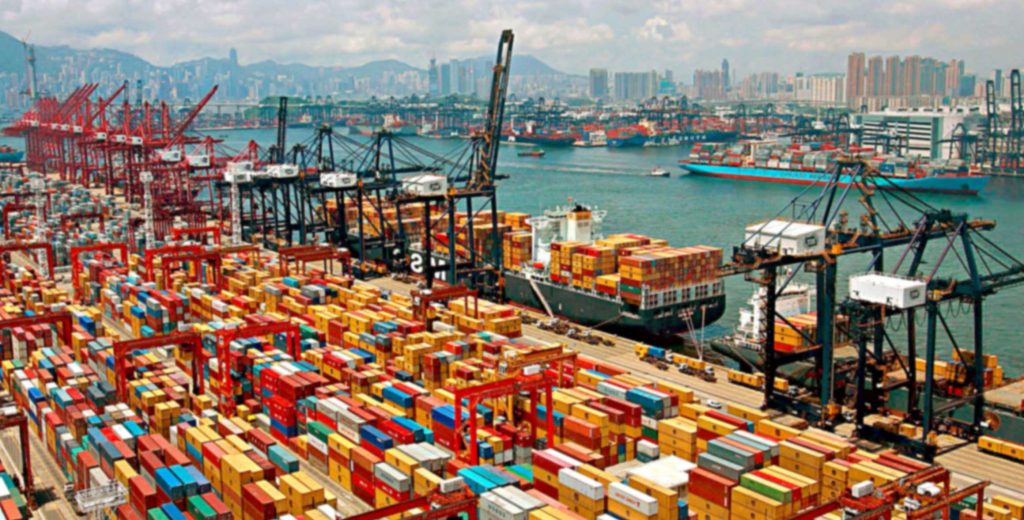The World Bank has appointed Yale University’s Pinelopi Koujianou Goldberg, a leading academic who has probed how international trade can fuel inequality, as the bank’s new chief economist.
The bank said Ms. Goldberg, who goes by Penny, would help strengthen its academic bona fides. She just completed a tenure as the first female editor in chief of the American Economic Review, one of the most prestigious and influential journals in economics.
“Penny has spent her career examining many of the most complex issues that affect developing countries,” said World Bank President Jim Yong Kim. “She will help answer the most important—and difficult—questions of our time: how to help developing countries prepare for the economy of the future, and how to ensure equality of opportunity everywhere in the world.”
In an interview, Ms. Goldberg said her goal was “to help the bank achieve its vision, which is a very ambitious one: end poverty and achieve shared prosperity and sustainable growth.”
Her research has touched on a range of development and trade topics, from how the expansion of global trade has fueled economic inequality in some countries to the mechanics of how exchange rates affect the economy, with a frequent focus on the emerging-market economies that are the focus of the World Bank’s lending and research.
“Of particular relevance to the bank is her work on how globalization has affected inequality and the relationship between trade, inequality and poverty in Colombia and India,” said Vijaya Ramachandran, a senior fellow at the Center for Global Development. The thrust of her work shows that the World Bank “is signaling that it needs to better understand the backlash against globalization,” said Ms. Ramachandran.
Born in Greece, and educated in Greece and Germany, Ms. Goldberg came to the U.S. to earn her Ph.D. in economics from Stanford University. She has spent most of her career as an economics professor at Princeton University and Yale University, her current home.
She initially focused on trade and business, and published her Ph.D. thesis on industrial organization in the Japanese automobile industry. But over time, her research focus shifted “more and more to questions in development, because this is where the most important questions are,” Ms. Goldberg said.
She became interested in how trade affected economic development during the waves of trade liberalization in Latin America in the 1990s.
“To the extent there’s a general lesson from all this work, it’s that there are no simple truths,” Ms. Goldberg said. “I have great respect for the particular circumstances that may be idiosyncratic to specific countries.”
Ms. Goldberg said she had a “very strong belief that there is not a single solution, single path that is going to solve all the problems at once.”
From 2011 to 2016, Ms. Goldberg led the American Economic Review, and as such served as a key gatekeeper for the ideas that rise to the top of the economics profession. She has a reputation for being well-liked even in the difficult world of rejecting the articles that can make or break the careers of young economists.
“I could not be more delighted,” said Esther Duflo, the Massachusetts Institute of Technology professor who succeeded Ms. Goldberg as editor of the American Economic Review. “She was a universally respected editor at the AER,” she said. “In a job where you don’t usually make friends, she managed to be liked by all.”
Her background as a friendly figure at the pinnacle of academic economists could make her well suited for the job at hand. The World Bank’s previous chief economist, Paul Romer, abruptly resigned in January. His tenure was marked by clashes with his own economists, and in his departure he raised questions about the scientific integrity of some of the bank’s research.
As the bank’s chief economist, Ms. Goldberg will be the guiding intellectual force behind some of the bank’s most high-profile work—such as its academic research, economic forecasting, production of data, and reports like “Women, Business and the Law,” documenting the legal environments faced by working women, and “Doing Business,” which ranks countries by the competitiveness of their business regulations.













